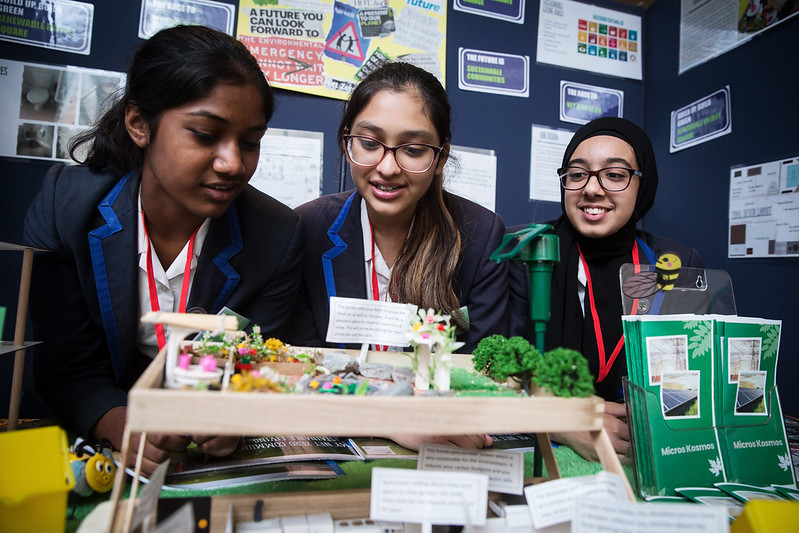
In 2008, Maggie Philbin was concerned at the low numbers of women going into technology jobs. She was working in the Thames Valley at the time, well known as a technology hub with many exciting digital companies. She was looking for inspirational examples of STEM opportunities that would appeal to young women and those going back into the workplace after a career break.
The 2012 London Olympics were on the horizon and she decided to go into local schools and record children’s responses to the question, ‘How could technology transform the forthcoming Olympic games?’
Maggie was taken aback by their creative and ingenious ideas – sometimes humorous or outlandish, but always imaginative. She shared her findings at a conference attended by teachers and business leaders and found an answering spark in the audience.
‘It was really interesting. There was no shortage of enthusiasm for technology but the students articulated how difficult it was to relate what they were learning in the classroom to anything they might want to do in the future. And certainly very little understanding of what might be going on behind the smart buildings housing major tech companies on their doorstep.’
Building a grassroots organisation
As a result, she set up TeenTech to broaden the technology curriculum and provide a real-world context for the theory that children were learning in school.